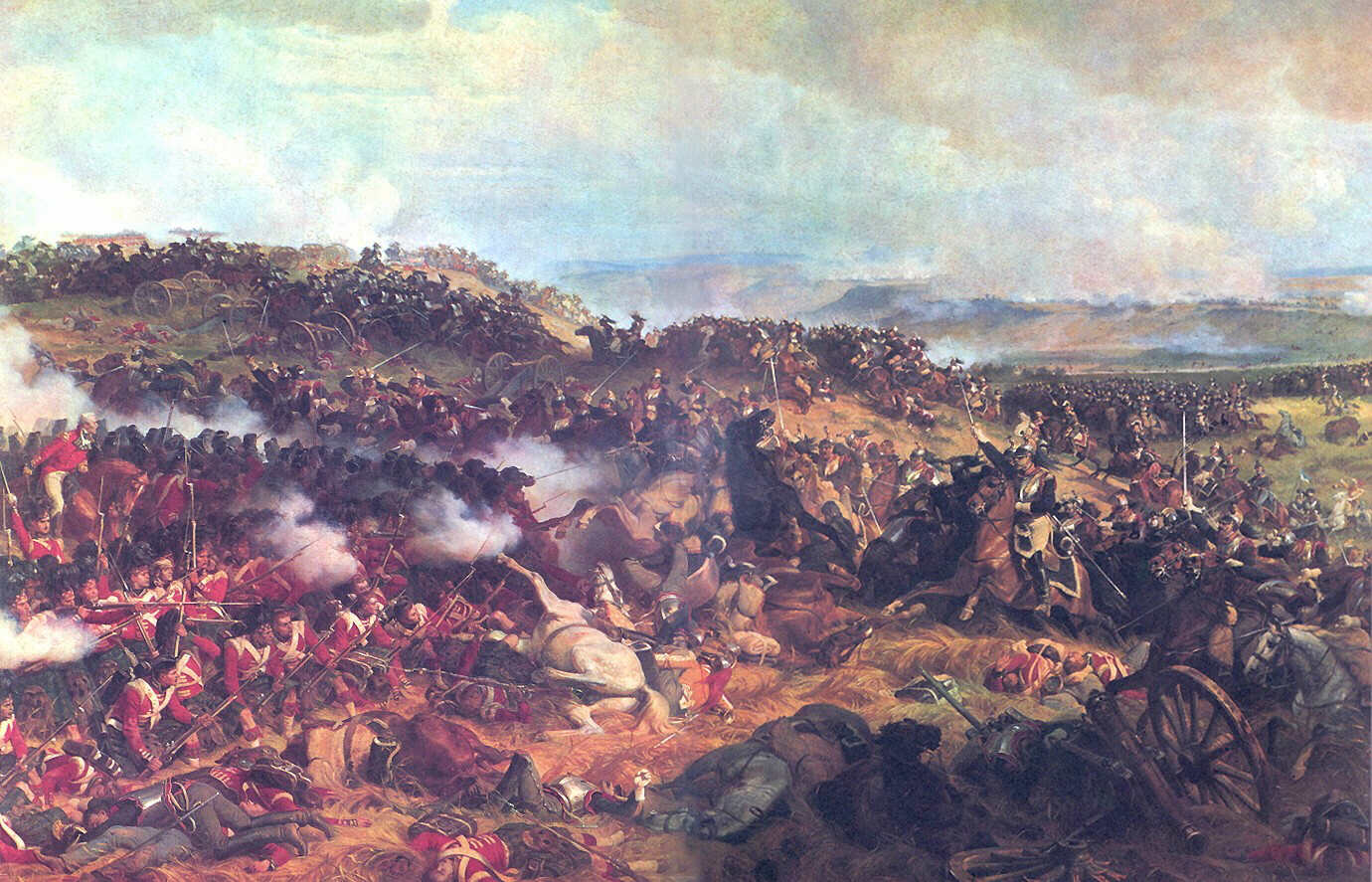Stepping from Courage to Wisdom
 Courage and wisdom are two different things. I was faced with a challenge recently and decided to approach it with certain bravery. I was going to make a difficult decision, a tough call: I was going to be courageous. I was not making this decision in a vacuum. Several, more experienced, partners were helping me evaluate the options at hand. They helped me see that the brave decision might be premature and near sited. They were correct. In this case the wise decision was not the courageous decision.
I wrestled with this idea over the past few weeks. I have always been under the impression that the best decisions are always the most difficult, painful or disruptive. This is simply not true. It is not true because best decisions may also be patient, graceful and easy. Consider a dramatic problem that you may have faced recently. This may have been an inconsiderate family member, disgruntled co-worker ,or an uncooperative sales person. Each one of these conflicts may be treated with bravado or with discernment. Some of you may instinctually choose to step up to the plate of conflict. Your willingness to speak, to oppose, or to debate is brave. But it may not be your best option. Restoring the relationship with a family member may be an extremely delicate procedure. Repairing the team ethic with a co-worker may require a deep understanding of that person. Negotiating with an uncooperative sales person may beg you of patience and grace. Best results are often brought about in these ways.
Courage and wisdom are two different things. I was faced with a challenge recently and decided to approach it with certain bravery. I was going to make a difficult decision, a tough call: I was going to be courageous. I was not making this decision in a vacuum. Several, more experienced, partners were helping me evaluate the options at hand. They helped me see that the brave decision might be premature and near sited. They were correct. In this case the wise decision was not the courageous decision.
I wrestled with this idea over the past few weeks. I have always been under the impression that the best decisions are always the most difficult, painful or disruptive. This is simply not true. It is not true because best decisions may also be patient, graceful and easy. Consider a dramatic problem that you may have faced recently. This may have been an inconsiderate family member, disgruntled co-worker ,or an uncooperative sales person. Each one of these conflicts may be treated with bravado or with discernment. Some of you may instinctually choose to step up to the plate of conflict. Your willingness to speak, to oppose, or to debate is brave. But it may not be your best option. Restoring the relationship with a family member may be an extremely delicate procedure. Repairing the team ethic with a co-worker may require a deep understanding of that person. Negotiating with an uncooperative sales person may beg you of patience and grace. Best results are often brought about in these ways.
I have a tendency to error on the side of grace. Because of this I am always looking for opportunities to exercise courageous decisions. The irony is that it is more difficult to act wisely than it is to act bravely. To be honest, the dichotomy between courage and wisdom is not an accurate one. Acting with wisdom often require more courage than to act out of agression or conflict. Dont fall into the trap that says dramatic decisions are always better. Being an agent of effective change may require you to develop a posture of patience.
